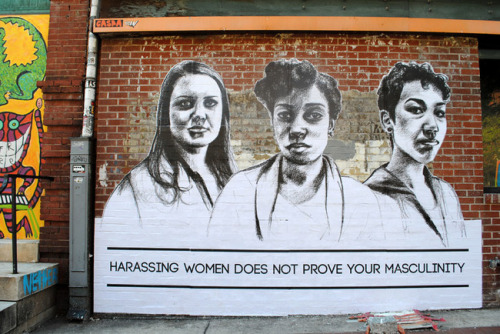Dia-ar-te - DiA

More Posts from Dia-ar-te and Others
Much love and respect for Diane Guerrero and all our immigrant brothers&sisters who have been separated from their families due to the broken and unjust immigration system in the U.S.
On “Orange is the New Black,” Diane Guerrero’s character Maritza is a tough Latina who is separated from her young daughter while she does time. It’s a pretty moving storyline on its own, but Guerrero’s real life is just as captivating, if not more.
When she was 14 years old, she came home to an empty house. Dinner had been started, but there was no one home to finish it. Neighbors told her that immigration officers had taken her parents and older brother away.
Hear her tell the story in her emotional New Day interview.

This is the last picture I took with the Brooklyn Pikachu-Açaí Stars, the amazing group of youth I worked with in #Brasil! I still remember that moment when we had to take the picture and some of us couldn't stop crying and laughing at the same time. Missing the beautiful, amazing and dedicated Brooklyn Pikachu-Açaí Stars. You will ALL be forever in my heart. This experience was AMAZING and I recommend it to anyone interested in #coaching #English in #Brazil, trying something new, or stepping out of their #comforZone. I am so #thankful for this experience and now I'm #fundraising $500 for future fellows so they can embark on this experience next year. If you want to learn about my experience and/or make a small #donation please visit my fundraising website www.coloradogives.org/Di_Araujo. #USBC #CoachingEnglish #YouthWork #Educators #InternationalWork #LifeChangingExperience
Gracias Pachamama.






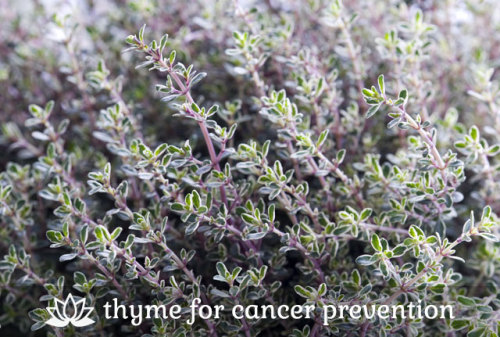



Medicinal Plants Worthy of Your Garden Space

*every morning while applying eyeliner*

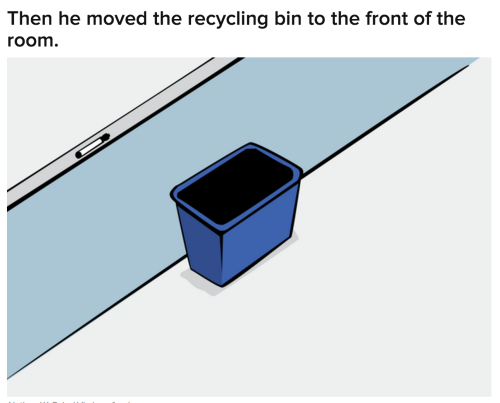
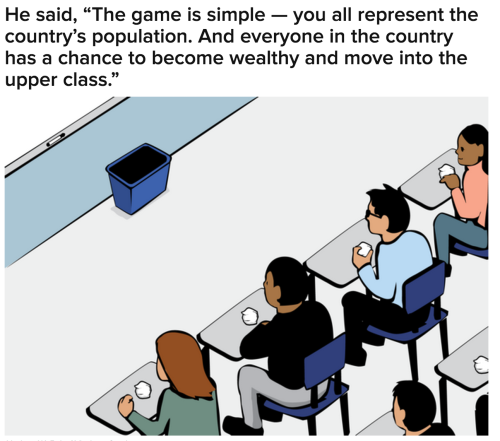
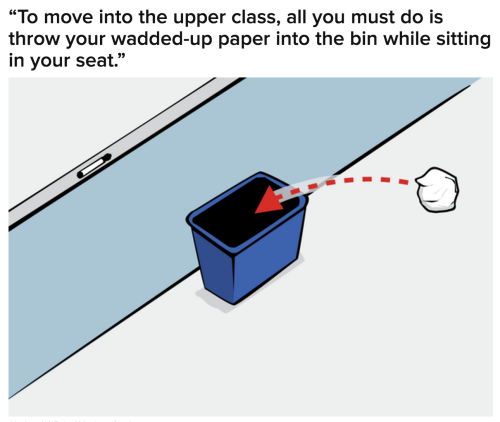
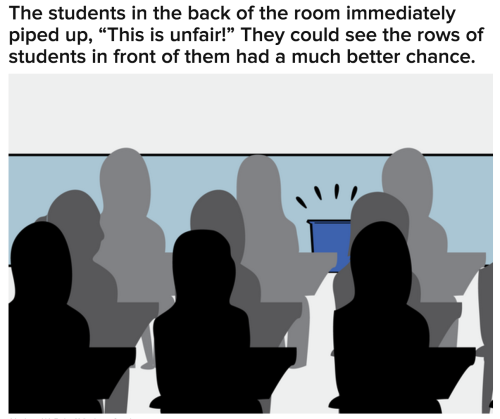

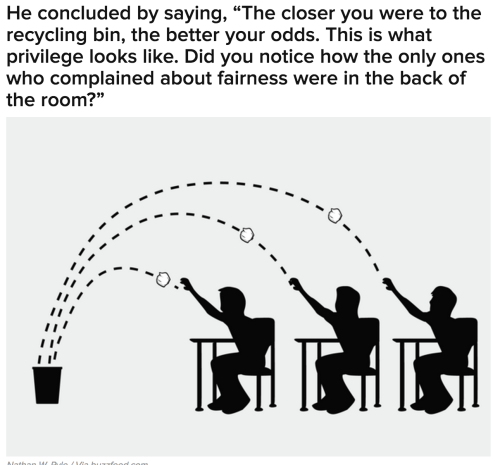
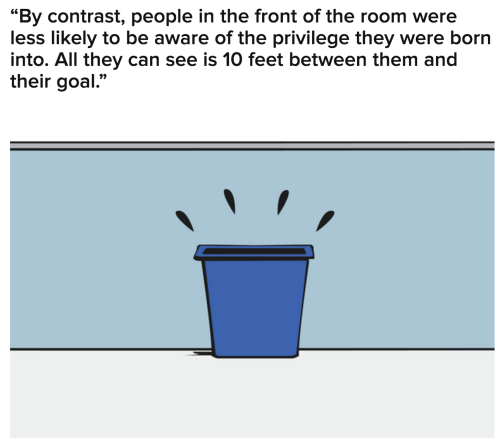
“Your job — as students who are receiving an education — is to be aware of your privilege. And use this particular privilege called “education” to do your best to achieve great things, all the while advocating for those in the rows behind you.”
source
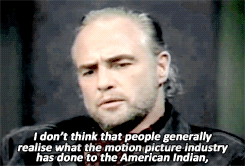
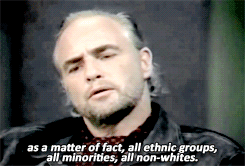
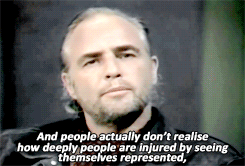


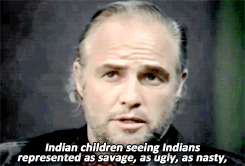
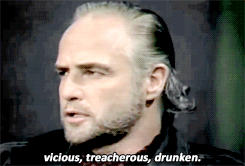

I don’t think that people generally realise what motion picture industry has done to the American Indian, as a matter of fact, all ethnic groups, all minorities, all non-whites. And people just simply don’t realise, just take it for granted that that’s the way people are going to be presented and these clichés are just, I mean on this network every night, well perhaps not every night, but you can see silly renditions of human behaviour, the leering Filipino houseboy, the wily Japanese, the kook or the gook, black man, stupid Indian. It just goes on and on and on. And people actually don’t realise how deeply people are injured by seeing themselves represented, not so much the adults, who are already inured to that kind of pain and pressure, but children. Indian children seeing Indians represented as savage, as ugly, as nasty, vicious, treacherous, drunken. They grow up only with a negative image of themselves and it lasts a lifetime.
Entrevistador: ¡Usted es comunista!
Violeta Parra: ¡No para nada! ¿Quién le dijo eso? Mire, yo soy tan comunista que si me pegara un balazo me saldría la sangre roja.
Entrevistador: (risas) A mí también me saldría la sangre roja.
Violeta Parra: ¡Qué bueno compañero!
-
 belosers reblogged this · 1 month ago
belosers reblogged this · 1 month ago -
 kmnopqrsssst reblogged this · 2 months ago
kmnopqrsssst reblogged this · 2 months ago -
 thehealingagevolumezero2024 reblogged this · 6 months ago
thehealingagevolumezero2024 reblogged this · 6 months ago -
 stormiclown liked this · 8 months ago
stormiclown liked this · 8 months ago -
 evil-swan-witch liked this · 10 months ago
evil-swan-witch liked this · 10 months ago -
 sweaters-and-vertigo liked this · 10 months ago
sweaters-and-vertigo liked this · 10 months ago -
 luxaii reblogged this · 10 months ago
luxaii reblogged this · 10 months ago -
 luxaii liked this · 10 months ago
luxaii liked this · 10 months ago -
 lilly-kittyeyes reblogged this · 11 months ago
lilly-kittyeyes reblogged this · 11 months ago -
 androgynousblazething reblogged this · 11 months ago
androgynousblazething reblogged this · 11 months ago -
 androgynousblazething liked this · 11 months ago
androgynousblazething liked this · 11 months ago -
 optimisticfreakgoopempath reblogged this · 1 year ago
optimisticfreakgoopempath reblogged this · 1 year ago -
 optimisticfreakgoopempath liked this · 1 year ago
optimisticfreakgoopempath liked this · 1 year ago -
 woahhajime liked this · 1 year ago
woahhajime liked this · 1 year ago -
 henry-is-a-weird-male-name liked this · 1 year ago
henry-is-a-weird-male-name liked this · 1 year ago -
 emeraldything liked this · 1 year ago
emeraldything liked this · 1 year ago -
 atlas-jack reblogged this · 1 year ago
atlas-jack reblogged this · 1 year ago -
 square-root-of-moth reblogged this · 1 year ago
square-root-of-moth reblogged this · 1 year ago -
 pkindude90 reblogged this · 1 year ago
pkindude90 reblogged this · 1 year ago -
 ayyyflueg reblogged this · 1 year ago
ayyyflueg reblogged this · 1 year ago -
 infinite-shu reblogged this · 1 year ago
infinite-shu reblogged this · 1 year ago -
 infinite-shu liked this · 1 year ago
infinite-shu liked this · 1 year ago -
 millenniumsea reblogged this · 1 year ago
millenniumsea reblogged this · 1 year ago -
 millenniumsea liked this · 1 year ago
millenniumsea liked this · 1 year ago -
 kukumberoni liked this · 1 year ago
kukumberoni liked this · 1 year ago -
 jackmaster187 reblogged this · 1 year ago
jackmaster187 reblogged this · 1 year ago -
 jackmaster187 liked this · 1 year ago
jackmaster187 liked this · 1 year ago -
 dumpster-of-amontillado reblogged this · 1 year ago
dumpster-of-amontillado reblogged this · 1 year ago -
 sexual-wasteland-baby reblogged this · 1 year ago
sexual-wasteland-baby reblogged this · 1 year ago -
 sexual-wasteland-baby liked this · 1 year ago
sexual-wasteland-baby liked this · 1 year ago -
 spamlets-blog liked this · 1 year ago
spamlets-blog liked this · 1 year ago -
 shortterm-emory reblogged this · 1 year ago
shortterm-emory reblogged this · 1 year ago -
 shortterm-emory liked this · 1 year ago
shortterm-emory liked this · 1 year ago -
 orcagurlll liked this · 1 year ago
orcagurlll liked this · 1 year ago -
 rna-world reblogged this · 1 year ago
rna-world reblogged this · 1 year ago -
 heartsfortwotpot reblogged this · 1 year ago
heartsfortwotpot reblogged this · 1 year ago -
 trying2write liked this · 1 year ago
trying2write liked this · 1 year ago -
 fascinated-fox liked this · 1 year ago
fascinated-fox liked this · 1 year ago -
 zero57x liked this · 1 year ago
zero57x liked this · 1 year ago -
 some-random-sapphic liked this · 1 year ago
some-random-sapphic liked this · 1 year ago -
 broodingnightgoddess reblogged this · 1 year ago
broodingnightgoddess reblogged this · 1 year ago -
 disscog liked this · 1 year ago
disscog liked this · 1 year ago
I am an indigenous-mestiza-afrodescendent trans-national Latina sister from the picturesque South American city of Guayaquil and brought up in East Flatbush, Brooklyn. I love and respect my journey in exploring my browness and my womanhood.
247 posts

